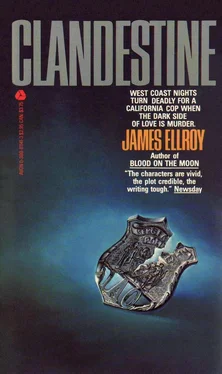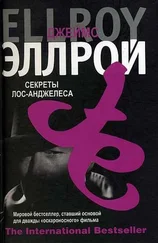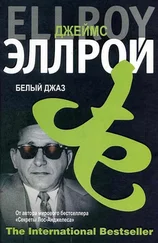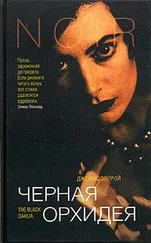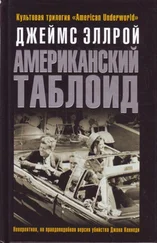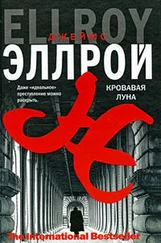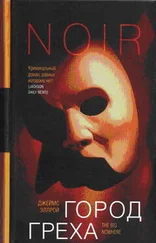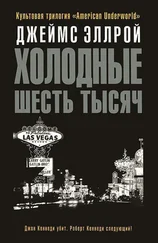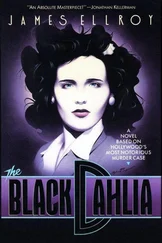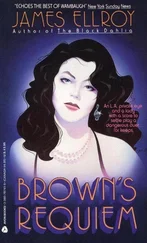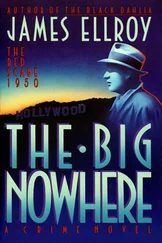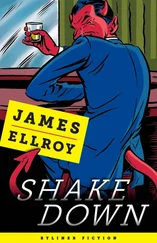The sky was turning golden, and people were already lining up for the first evening performance of “The Country Girl.” I waited an hour by the parking entrance, until the sky turned a burnished copper and Lorna turned the corner onto Canon Drive, staying close to the building, jamming her heavy wooden cane into the space where the wall met the sidewalk.
When I saw her, I felt the old shakiness grip me. She walked head down, abstracted. Before she could look up and see me, I committed to memory the look on her face, her hunched posture and her light blue summer dress. When she did look up, she must have seen the love-struck Freddy Underhill of old, for her drawn face softened until she realized this was 1955, not 1951, and that walls had been constructed during the interim.
“Hello, Lor,” I said.
“Hello, Freddy,” Lorna said coldly. Her manner stiffened, she sighed and leaned against the marble of the building. “Why, Freddy? It’s over.”
“No, it’s not, Lor. None of it.”
“I won’t argue with you.”
“You look beautiful.”
“No, I don’t. I’m thirty-five and I’m putting on weight. And it’s only been four months.”
“It’s been a lifetime.”
“Don’t do that with me, goddamn you! You don’t mean it, and I don’t care! I don’t care, Freddy! Do you hear that?”
Lorna gave herself a shove and almost toppled over. I moved to steady her and she swatted at me clumsily with her cane. “No, goddamn you,” she hissed. “I won’t be charmed one more time. I won’t let you beat up my friends, and I won’t take you back.”
She hobbled into the parking lot. I stayed behind, wondering if she would believe me, or think me insane, or even care. I let her get all the way to her car. I watched as she fished her keys out of her purse, then ran up and grabbed them out of her hand as she began to unlock the door. She started to resist, then stopped. She smiled patiently and put her weight on her cane. “You never listened, Freddy,” she said.
“I listened more than you know,” I countered.
“No, you didn’t. You just heard what you wanted to hear. And you convinced me you were listening. You were a good actor.”
I couldn’t think of a retort, or a dig, or a plea, so I just said — moving a few steps backward to give myself objectivity — “It’s on again. I’ve connected Eddie Engels to a woman who was murdered recently. I’m going to see it through, wherever it takes me. Maybe when it’s all over we can be together.”
Lorna was perfectly still. “You are insane,” she said.
“It’s been hanging over us like a plague, Lor. Maybe we can have some peace when it’s over.”
“You are insane.”
“Lorna—”
“No. We can never be together again; and not because of what happened four years ago. We can never be together because of what you are. No, don’t touch me and don’t try to charm me or sweet-talk me. I’m getting in my car and if you try to stop me I will make you regret we ever met.”
I handed Lorna the keys to her car. Her hand shook as she took them from me. She fumbled her way into the car and drove away, spewing exhaust fumes on my trouser legs.
“Nothing’s ever over, Lorna,” I said to the air. But I didn’t know if I believed it.
We drove east on the San Bernardino Freeway with the top down, away from the stifling, sun-blinded L.A. streets, past successions of interconnected working-class communities spread through terrain ranging from desert sand flats to piny woods. I was at the wheel, Michael was beside me on the front seat, and Doc was sprawled in the back, his long legs propped up on the passenger-side doorjamb, where Michael wrapped a protective arm around his ankles and beat time to the big-band boogie-woogie coming from the radio.
The air that whizzed past us got hotter and thinner as we climbed the winding roads of a fir-covered forest. Lake Arrowhead was nominally our destination, but none of us seemed to care if we ever got there; we were lost in games of silence — Doc and I each knowing that the other knew, but knew what? And unwilling, as yet, to push it any further. And Michael, craning his long neck above the windshield, getting full blasts of summer air, gulping it in as fuel for what I knew had to be a brilliant imagination.
Lake Arrowhead came upon us abruptly at the end of a scrub-littered access road. It was shimmering light blue, miragelike in the heat and dotted with rowboats and swimmers. I stopped the car at the side of the road and turned to face my companions.
“Well,” I said, “here or beyond?”
“Beyond!” they both exclaimed in unison, and I accelerated, skirting the blue oasis and driving a circuitous path through small mountain ranges piled up one on top of the other.
But soon my mind clicked in. We were miles from Los Angeles and I had work to do. I started getting itchy, looking around for a quiet, shady place for us to stop and eat the picnic lunch I had made. Almost as if in answer to my anxiety, it shot up in the near distance: “Jumbo’s Animal Park and Rest Area.” It looked like a set from a western movie: a single street of battered one-story frame buildings, and behind that a small wooded area crowded with picnic tables. A weatherbeaten sign at the entrance exclaimed: “Christmas in the Summertime! See Santa’s Reindeer at Jumbo’s.”
I nudged Michael as I pulled into the parking area. “Do you believe in Santa Claus, Mike?”
“He doesn’t like to be called Mike,” Doc said.
“I don’t mind,” Michael retorted, “but Santa Claus sucks a big dick.” He giggled at his own wit. I laughed along with him.
“A jaded lad,” Doc piped in wryly from the backseat.
“Like his dad?”
“Very much like his dad. In some respects. I take it this is our destination?”
“Let’s vote. Mike?”
“Yes!”
“Doc?”
“Why not?”
I dug a big paper bag full of sandwiches and a large thermos of iced tea out of the trunk, and we strolled through the little town. I was right — the building facades were studio sets: Dodge City Jail, Miller’s General Store, Diamond Jim’s Saloon, Forty-niners Dance Hall. But only the roofs remained intact — the fronts had been ripped out and replaced with bars, behind which a scrawny assortment of wildlife reposed. The Dodge City Jail held two skinny lions.
“The king of beasts,” Doc muttered as we passed by. “I’m king of the beasts,” Michael countered, walking next to me ahead of his father.
Diamond Jim’s Saloon held a bloated elephant. It lay comatose on a cement floor covered with feces.
“Looks like a certain Republican I could name,” I said.
“Watch out!” Michael squealed. “Dad’s a Republican, and he can’t take a joke!” Michael started to giggle and leaned into me. I put my arm around him and held him tightly.
Our last stop before the picnic area was “Diamond Lil’s Carny House and Social Hall,” no doubt a B-movie euphemism for whorehouse.” Diamond Lil and her girls were not in residence. Ugly, chattering, pink-faced baboons were there instead.
Michael tore free from my arm. He started to tremble as he had in the drive-in two days before. He pulled large hunks of dirt from the ground and hurled them full force at the baboons.
“Dirty fucking drunks!” he screamed. “Dirty, filthy, goddamned, fucking drunks!” He let loose another barrage of dirt and started to scream again, but no words came out, and the jabbering of the creatures in the cage rose to a shrieking cacophony.
Michael was bending down to pick up more ammunition when I grabbed him around the shoulders. As he squirmed to free himself, I heard Doc say soothingly, “Easy, fellow. Easy, Michael boy, it’s going to be okay, easy...”
Читать дальше
